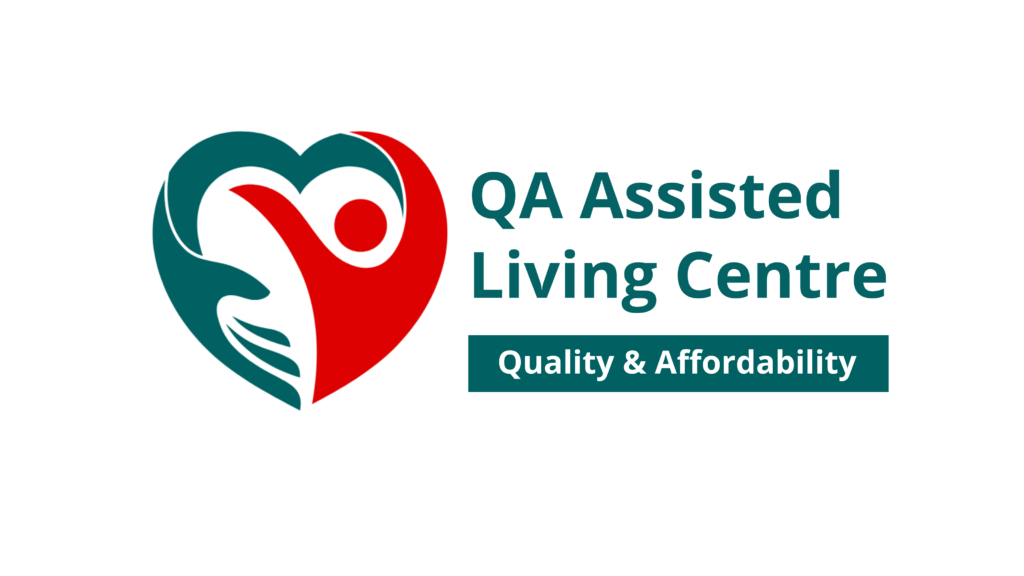paralytic care

Paralytic care services focus on supporting individuals who have experienced paralysis due to conditions such as stroke, spinal cord injury, neurological disorders, or other medical conditions. These services aim to enhance the quality of life for patients and assist their families by providing comprehensive, personalized care. Here are the key components of paralytic care: ### 1. **Personalized Care Plans** - Development of tailored care plans that address the specific needs and abilities of each patient, considering the level of paralysis and individual goals. ### 2. **In-Home Care Services** - Trained caregivers assist with daily activities such as personal hygiene, dressing, mobility, meal preparation, and medication management, allowing individuals to maintain dignity and independence at home. ### 3. **Physical Therapy** - Rehabilitation programs to improve strength, flexibility, and mobility. Therapists work on exercises and techniques to enhance physical function and prevent complications. ### 4. **Occupational Therapy** - Support to help patients regain skills necessary for daily living, including adaptive techniques and the use of assistive devices to promote independence. ### 5. **Speech and Language Therapy** - For patients with communication or swallowing difficulties, therapists provide strategies and exercises to improve speech and swallowing abilities. ### 6. **Pain Management** - Assessment and management of pain associated with paralysis, using various techniques including medications, physical therapy, and alternative therapies. ### 7. **Emotional and Psychological Support** - Counseling services and support groups to help patients and their families cope with the emotional challenges of living with paralysis, including depression and anxiety. ### 8. **Nutritional Guidance** - Assistance with meal planning and dietary needs to ensure proper nutrition, especially if swallowing difficulties are present. ### 9. **Assistive Devices and Technology** - Evaluation and provision of adaptive equipment, such as wheelchairs, mobility aids, and home modifications, to enhance mobility and accessibility. ### 10. **Family Education and Support** - Training and resources for family members on how to care for their loved ones, including techniques for lifting, transferring, and managing daily care needs. ### 11. **Palliative and End-of-Life Care** - Compassionate care for individuals facing advanced conditions, focusing on comfort, symptom relief, and support for both patients and their families. Paralytic care services emphasize a holistic approach, addressing physical, emotional, and social needs to improve the overall well-being and quality of life for individuals with paralysis.
